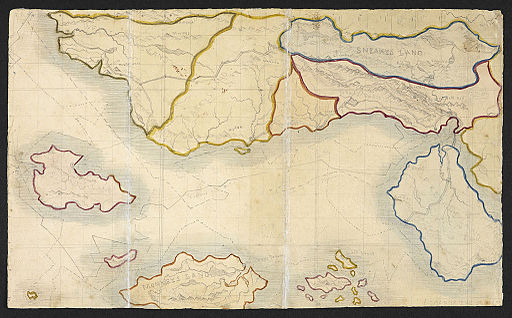
Branwell Bronte back in the Picture?
The most famous portrait of the Bronte sisters was painted by their brother, Branwell. It shows Charlotte, Emily and Anne who, as female authors in the 19th Century, made their names with masculine sounding pseudonyms (Currer, Ellis and Acton Bell) while the real male writer in their midst was squandering his talent and opportunity before their very eyes.
2017 marks the centenary of the birth of Branwell Bronte, but will we mark it? Nowadays we are uncomfortably familiar with the idea of wasted talent; we even revere it. Once it may have been convenient for us to see Branwell as a drain on the time, finances and resources of the women who had to live with him and look after him. Now – possibly even worse – we might view him as an early incarnation of ‘the beautiful and damned’, a Vincent van Gogh, a James Dean or a Kurt Cobain; living in torment, struggling for his art.
However, if nothing else, we should appreciate Branwell as a prototype for some of the most renowned figures in literature: Emily used him as a model for Hindley Earnshaw in Wuthering Heights, and Anne as Arthur Huntingdon in The Tenant of Wildfell Hall. Living in an isolated community, under the roof of a parson, all his faults and misdemeanours were magnified. There is no doubt that Branwell was a complex and difficult character, but he was also a talented child and he helped to create the imaginary world of Angria (drawn up above) with Charlotte which supported her earliest literary endeavours, and it was here that her imagination was allowed to expand and her confidence to grow so that she could promote the work of herself and her sisters.
Whether we acknowledge him or not (and a recent television series on BBC2 suggests we already have), let’s go back to that painting. There is a space between Charlotte and Emily there, a space which was originally filled by Branwell until he decided to paint himself out of his own picture. It is an interesting omission. If he does remain merely on the back pages of his sisters’ works, maybe it is not such a bad thing: Perhaps he decided he would prefer to remain anonymous.
